How to Choose the Right Deep Bearing for Your Industrial Needs
Selecting the appropriate deep bearing for industrial applications is a critical decision that can significantly impact operational efficiency and equipment longevity. According to a report from Markets and Markets, the global bearings market is expected to reach a value of $156 billion by 2026, with deep bearings constituting a substantial portion of this growth due to their robustness and reliability in high-load conditions. As industries increasingly automate processes and demand higher performance from machinery, understanding the specific requirements for deep bearings, including load capacity, material specifications, and environmental considerations, has never been more important. By making informed choices based on application-specific data and industry best practices, businesses can enhance productivity and minimize downtime, thereby ensuring that their investments in technology yield optimal returns.
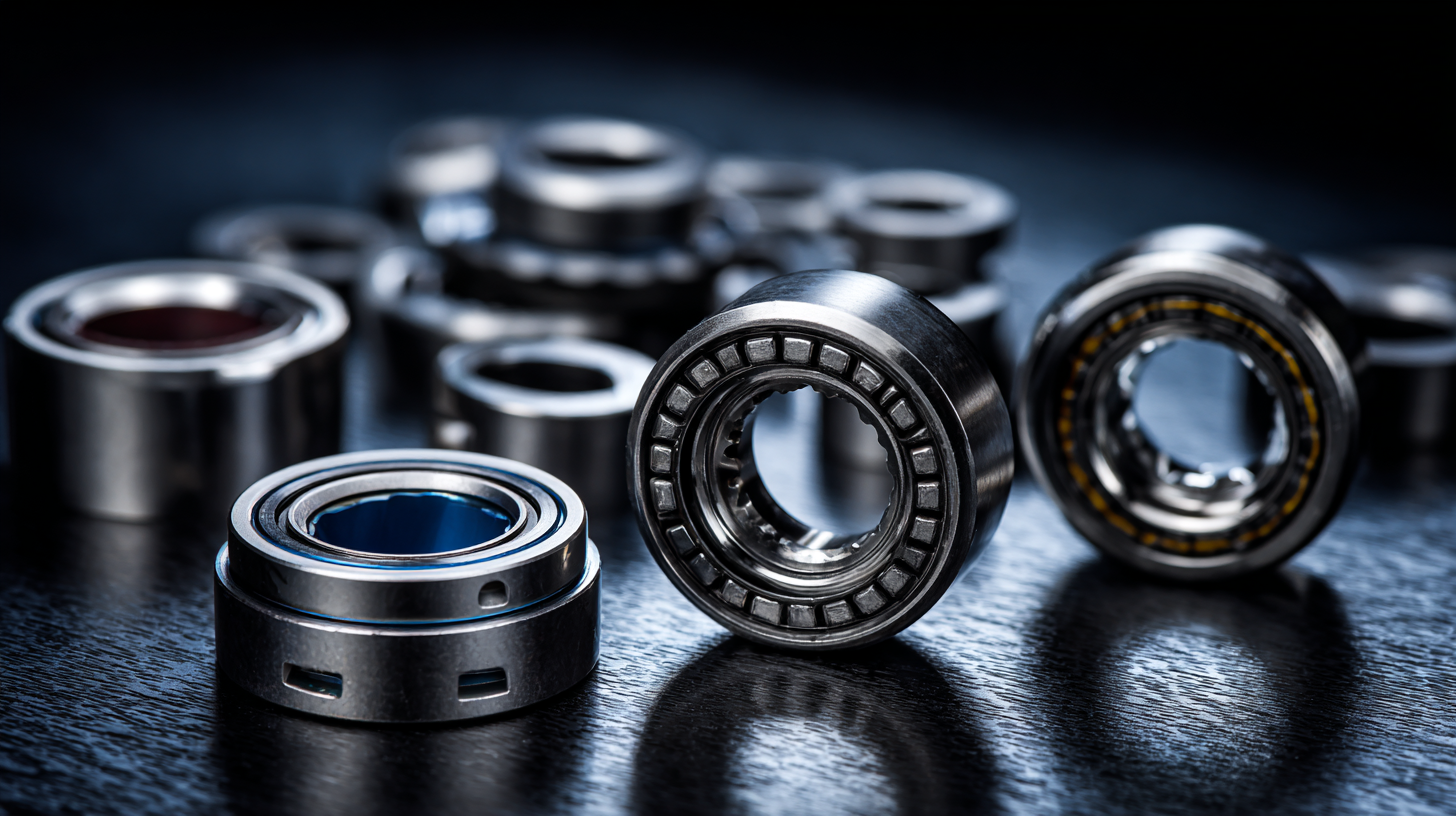
Identifying Your Industrial Requirements for Deep Bearings
When selecting the right deep bearing for your industrial needs, it is crucial to start with a clear understanding of your specific requirements. Consider factors such as load capacity, speed, and operating environment. For instance, if your machinery operates in a high-speed setting, you'll need a bearing that can handle significant rotational forces without excessive heat generation. Additionally, evaluating the weight and type of load—be it radial, axial, or a combination—will help you determine the appropriate deep bearing design.
Another aspect to consider is the environmental conditions in which the bearing will function. If the application involves exposure to dust, moisture, or extreme temperatures, choosing a bearing with suitable seals and materials is essential for durability and performance. Furthermore, analyze the maintenance requirements and expected lifespan of the bearing to ensure that it aligns with your operational goals. By carefully identifying these industrial requirements, you can make informed decisions that enhance efficiency and reliability in your applications.
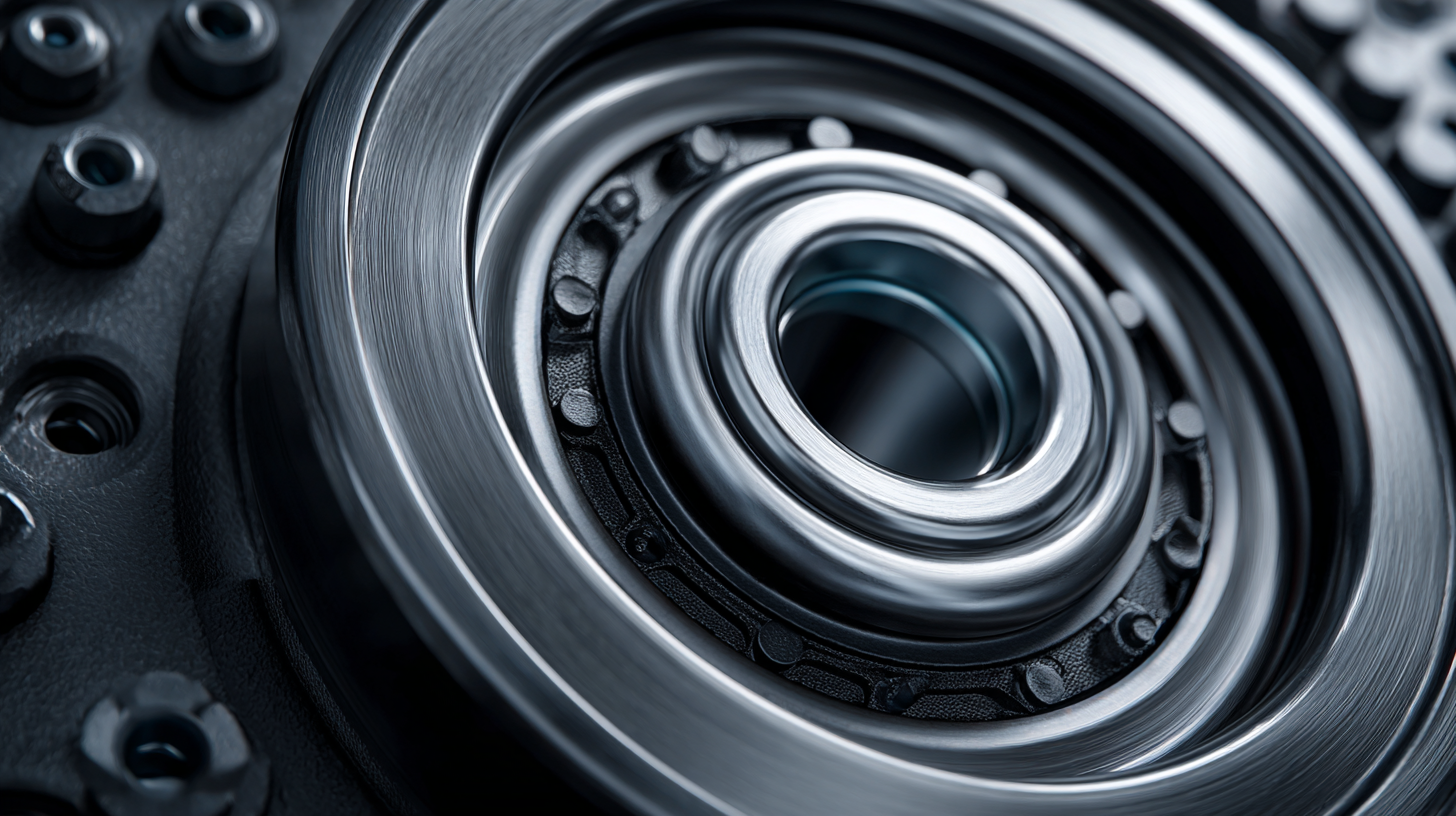
Understanding Different Types of Deep Bearings Available
When selecting the right deep bearing for industrial applications, it is essential to familiarize oneself with the diverse types available. Deep groove ball bearings, for instance, are widely used due to their versatility and ability to support both radial and axial loads. These bearings generally feature a simple design and can operate effectively in high-speed applications, making them a popular choice in various machinery, from electric motors to automotive components.
Another type worth considering is cylindrical roller bearings, which excel in handling heavy radial loads while maintaining minimal friction. Their design allows for high load-carrying capacity and is particularly beneficial in heavy-duty applications such as conveyors, gearboxes, and construction equipment. Additionally, angular contact bearings, which are designed to accommodate axial loads in one direction, are ideal for applications requiring precision and high-speed capabilities. Understanding these different bearing types is crucial to ensuring optimal performance and longevity in any industrial setting.
Evaluating Load Capacity and Speed Considerations
When evaluating load capacity and speed considerations in choosing the right deep bearing for industrial applications, it is essential to first understand the specific operational demands of the machinery involved. Different applications may require bearings that can withstand varying levels of load; therefore, assessing the maximum load the bearing can support is crucial. Manufacturers often provide load ratings, which can help in determining whether a particular bearing will meet the operational requirements.
Speed is another vital aspect to consider, as different bearings have specific limits regarding rotational speeds. High-speed applications necessitate bearings that can handle centrifugal forces without compromising performance. Proper lubrication and bearing material also play significant roles in speed handling, influencing both the longevity and efficiency of the bearing. By carefully analyzing these factors—load capacity and operational speed—industrial operators can ensure optimal selection, resulting in enhanced performance and reduced downtime in their machinery.
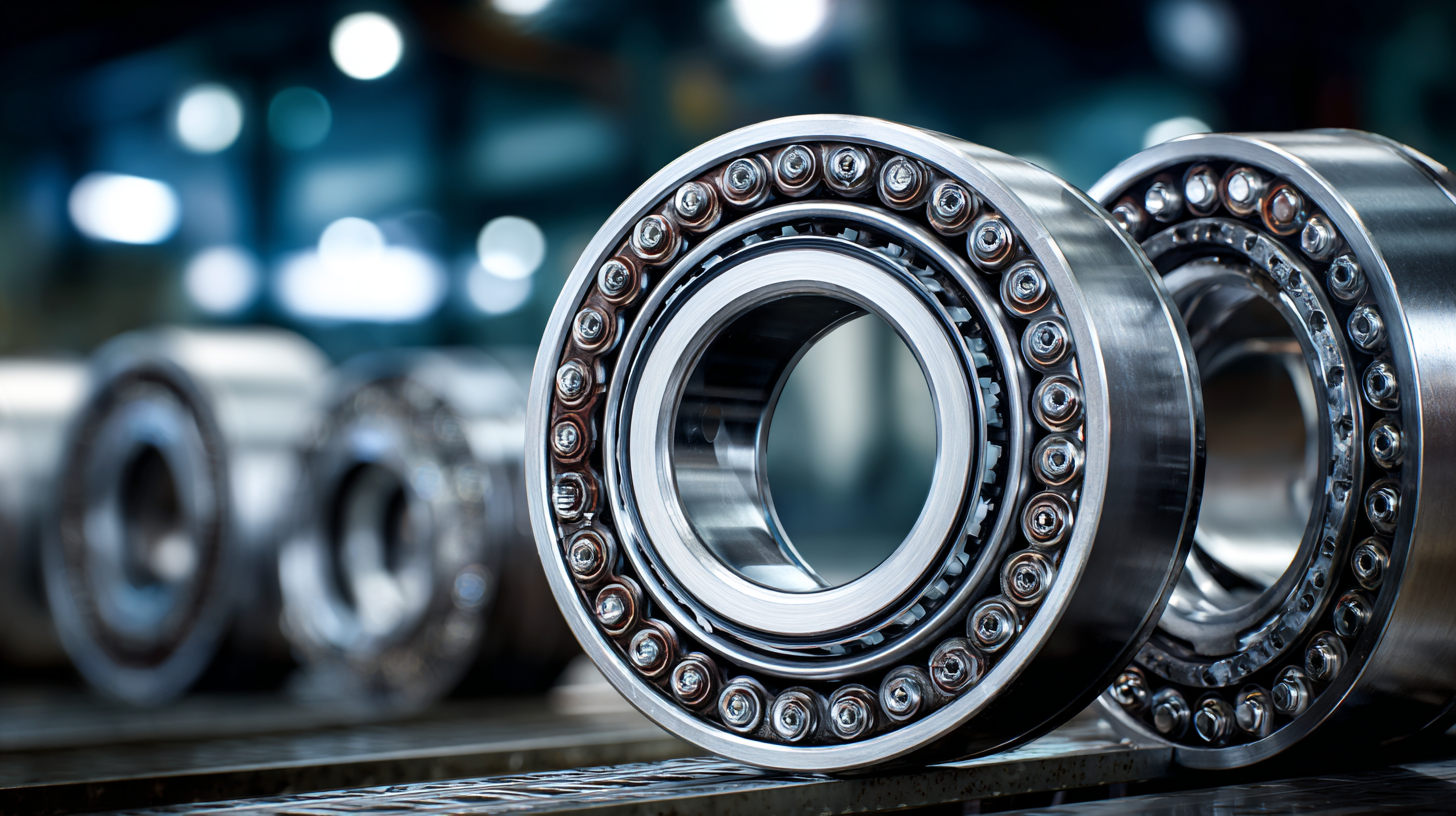
Assessing Environmental Factors Affecting Deep Bearings
When selecting deep bearings for industrial applications, it's paramount to assess environmental factors that can significantly impact their performance and longevity. Conditions such as temperature, humidity, dust, and exposure to chemicals can lead to premature bearing failure if not properly evaluated. For instance, high temperatures may require bearings made from materials with better thermal stability, while humid environments might necessitate improved sealing mechanisms to prevent moisture ingress.
**Tips:** Always consider the specific operating environment of your machinery. For dusty conditions, look for bearings with enhanced sealing features to keep contaminants out. Additionally, using corrosion-resistant materials in environments prone to chemical exposure will prolong the life of your bearings.
Another important environmental factor to consider is vibration and shock loads, which can affect the bearing's operational integrity. It’s vital to choose bearings that can withstand these conditions without compromising performance. For example, selecting bearings with higher load ratings or specialized designs for shock absorption can be critical for equipment that experiences considerable mechanical stress.
**Tips:** Regularly monitor the operational conditions of your bearings and be ready to make adjustments to your selection based on any changes in the working environment. This proactive approach will not only improve efficiency but also minimize downtime and maintenance costs.
How Environmental Factors Affect Deep Bearings
This chart illustrates various environmental factors that influence the selection and performance of deep bearings in industrial applications. The parameters include temperature, moisture levels, load capacity, vibration levels, and lubrication types, which are critical for ensuring optimal bearing functionality and longevity.
Choosing the Right Supplier for Quality Deep Bearings
Choosing the right supplier for quality deep bearings is crucial for maintaining operational efficiency and ensuring longevity in industrial applications. According to a recent report from MarketsandMarkets, the global bearing market is expected to reach $200 billion by 2026, driven by the increasing demand for machinery in various sectors. This indicates a highly competitive landscape, where the right supplier can make a significant difference in product quality and performance.
When selecting a supplier, it’s essential to consider their manufacturing processes and quality controls. A supplier with ISO 9001 certification demonstrates their commitment to maintaining high standards in production, which is critical given that subpar bearings can lead to equipment failure and costly downtimes. Additionally, reviewing customer testimonials and case studies within the industry can provide insights into the supplier's reliability and service quality. A 2022 study by Deloitte highlighted that 74% of manufacturers noted improved production metrics after switching to suppliers with established reputations for quality and service, underscoring the importance of this decision.
Related Posts
-
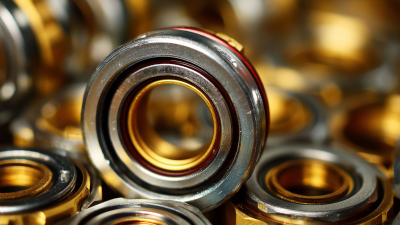
Understanding the Functionality and Benefits of Nup Bearing Types
-
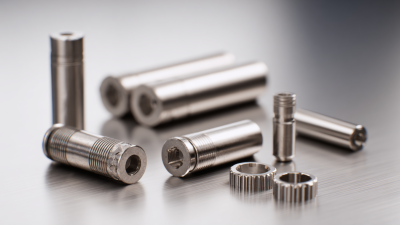
How to Choose the Right Needle Rollers for Your Mechanical Applications
-

10 Essential Tips for Choosing the Perfect Tapped Bearing
-
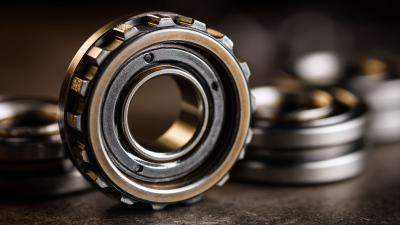
How to Choose the Right Tapped Bearing for Your Application Needs
-
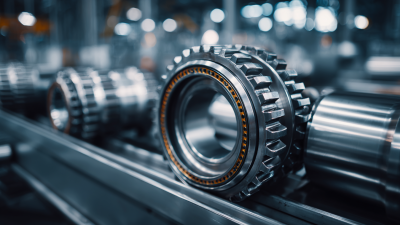
7 Essential Tips for Choosing the Right Rear Bearing for Your Production Needs
-

7 Essential Tips for Choosing the Best Pillar Bearing for Your Needs